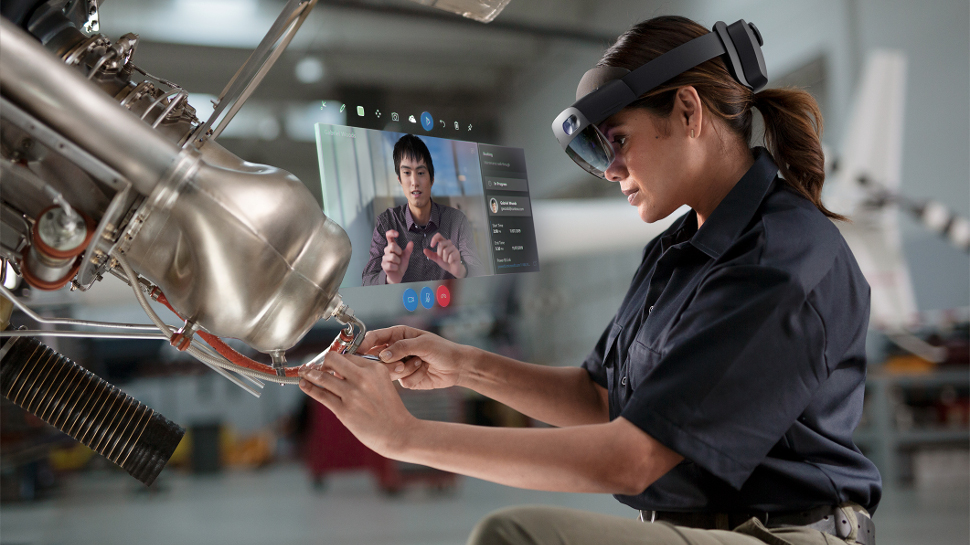Microsoft reportedly ends work on HoloLens 3
So long, HoloLens 3, we hardly knew ye

Microsoft has reportedly scrapped work on the HoloLens 3 mixed reality headset, leaving workers furious.
A report from Insider speaking to more than 20 current and former workers on the Hololens team added that a potential partnership with Samsung has also inflamed divisions within the company, with some workers feel that scrapping the next generation of the headset is the beginning of the end, despite Microsoft remaining publicly committed.
"Microsoft HoloLens remains a critical part of our plans for emerging categories like mixed reality and the metaverse," said Microsoft spokesman Frank Shaw. "We remain committed to HoloLens and future HoloLens development."
Hololens 3 cancelled?
One of the core problems that HoloLens has run into is what, exactly, should be the focus: commercial or personal use? Microsoft has signed lucrative commercial contracts, including with the US Army, and seems to have positioned HoloLens 2 as a business-focused headset.
But with Meta and Apple gearing up to take on the AR and VR markets, likely with a focus on consumers, Microsoft doesn't want to be left out of the next computing revolution, as it was during the dawn of smartphones.
LinkedIn profiles show at least 25 Microsoft mixed-reality employees left for Meta in 2021, including several multi-decade veterans.
To the metaverse and beyond
Microsoft was very, very early to the AR headset game with HoloLens, arguably the first successful example of how a device could work to add to the real world. In 2019, Microsoft followed up with HoloLens 2 and started exploring a range of applications, such as working with the US Army.
Are you a pro? Subscribe to our newsletter
Sign up to the TechRadar Pro newsletter to get all the top news, opinion, features and guidance your business needs to succeed!
Companies are now focusing on the so-called metaverse, the next phase of immersive computing that uses VR (or AR) headsets, virtual avatars and worlds, and loads of computational power.
Microsoft recently acquired Activision Blizzard for $67.4 billion and justified the purchase, in part, by its focus on creating the technologies and content that will power the metaverse.
Whichever company prevails, there is almost certainly a long way to go between now and making VR/AR headsets a reality, especially outside of the gaming market.
- We've found the best VR gaming headsets available right now
Max Slater-Robins has been writing about technology for nearly a decade at various outlets, covering the rise of the technology giants, trends in enterprise and SaaS companies, and much more besides. Originally from Suffolk, he currently lives in London and likes a good night out and walks in the countryside.